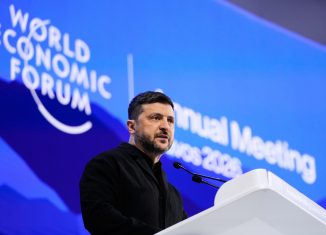KSM’s U.S. Trial
The President has few choices here, and some hard and fast principles of constitutional jurisprudence that he needs to follow. First, the Supreme Court has ruled that the President may not try any foreign person for violating the rules of war before a military tribunal without a formal declaration of war. There is none in this case. See my piece in the LA Times (http://articles.latimes.com/2009/nov/29/opinion/la-oe-napolitano29-2009nov29) “The Case Against Military Tribunals.” Calling a series of events a “war” does not make them a “war’” under the law. Second, the Constitution requires that persons tried in federal courts be tried in the judicial district wherein the harm alleged by the government took place; that would leave federal courts in New York City, Arlington, VA, and Shenksville, PA as the only constitutional choices. Third, the Supreme Court has ruled that no one may be tried in any court in the US, state, federal, or military, when they are surrounded by the trappings of guilt. Thus, using a military base, shackling the defendants in front of the jury, trying the case in some isolated or remote place, anything that gives the slightest impression to jurors that the defendants are probably guilty, is strictly prohibited.
The flip side of this is the constitutional principle that the President is the chief law enforcer of the land. He can close Gitmo at night, lock up the place, and bring the detainees to Chicago if he wants, and there is nothing the Congress can do about it. The separation of powers doctrine mandates that the Congress can no more tell the President when, where, and, how to enforce the laws of the land than the President can tell the Congress when, where, and how to vote.
The President these days seems to be afraid of his own shadow. If he thinks that due process rights are natural rights and belong to all persons, no matter what they are alleged to have done and no matter what the public mood (as the Supreme Court has many times ruled), then he should turn a deaf ear to political calls for military tribunals. The Constitution exists in good times and in bad, and its principles do not change with the political winds. If popular opinion can deny anyone–no matter how strong the case is against him, no matter how widespread is the belief in his guilt, no matter how accurate is the belief in his guilt, no matter how fearful is the public of a courtroom confrontation–their rights under the Constitution, then none of our liberties is secure.




